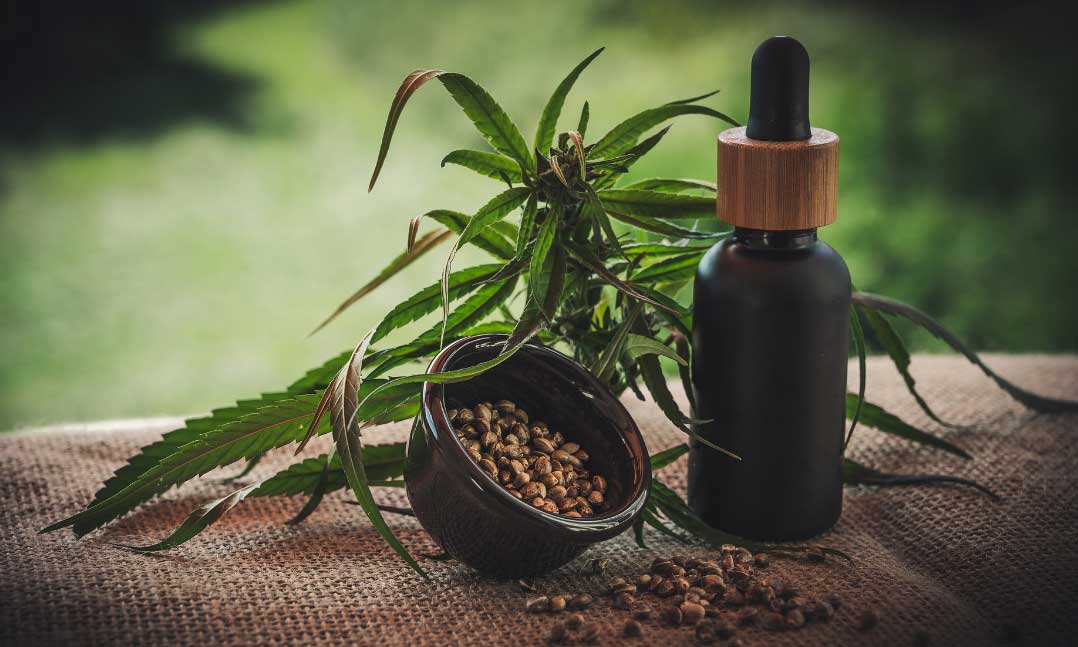With millions of Americans turning to cannabis for relief from anxiety and pain, a pressing question has emerged:
Can cannabis cause PTSD, or does it help manage it?
While cannabis shows potential for alleviating post-traumatic stress disorder (PTSD) symptoms in some patients, growing evidence reveals it may also exacerbate or even trigger PTSD-like effects in others. This article explores the science behind both outcomes, delving into its therapeutic promise, psychiatric risks, and alternatives.
🌪️ What Is PTSD and How Common Is It?
Post-Traumatic Stress Disorder (PTSD) is a mental health condition triggered by experiencing or witnessing traumatic events. About 8–9% of people will face PTSD in their lifetime, and veterans are particularly susceptible due to combat exposure.
Common PTSD Triggers:
-
Childhood abuse (physical, emotional, sexual)
-
Combat or military service
-
Surviving natural disasters or violent attacks
-
Loss of a loved one
-
Emergency responders in crisis situations
PTSD symptoms may include:
-
Nightmares and flashbacks
-
Emotional numbness or detachment
-
Severe anxiety and depression
-
Avoidance of triggers
-
Physical symptoms like headaches, fatigue, and appetite changes
It’s worth noting that acute stress disorder (ASD) may occur in the first month post-trauma. If symptoms persist beyond that, it may progress to PTSD.
🧠 Can You Get PTSD From Smoking Weed?
This is a growing concern as research uncovers how psychoactive substances like cannabis can affect brain chemistry. Though not typical, some individuals report PTSD-like symptoms such as derealization, anxiety, and memory disruption after heavy or chronic marijuana use.
So, can cannabis cause PTSD?
Not directly, but frequent use in vulnerable individuals—especially those with past trauma—can intensify dissociative symptoms and emotional instability, mimicking PTSD in some cases.
🔎 Related search: What is the syndrome associated with cannabis?
Cannabis can lead to Cannabis-Induced Psychotic Disorder (CIPD) or Cannabinoid Hyperemesis Syndrome, both tied to long-term use.
🔄 The Relationship Between Cannabis and PTSD
Cannabis is often used off-label by PTSD sufferers seeking relief from:
-
Nightmares
-
Flashbacks
-
Insomnia
-
Anxiety
How Cannabis May Help PTSD Symptoms:
-
THC and CBD, the primary cannabinoids, interact with the endocannabinoid system—modulating mood, memory, and sleep.
-
Studies suggest this may help reduce trauma-related dreams, regulate fear memory, and improve emotional numbing.
🔗 Learn how cannabinoids affect sleep in our article on Best CBD Gummies for Sleep
However, not all cannabis strains work the same way:
| Strain Type | Effects |
|---|---|
| Indica | Calming, sedating – helpful for sleep |
| Sativa | Uplifting, stimulating – may increase anxiety in PTSD |
Using the wrong strain at the wrong time can worsen symptoms, especially in individuals with high sensitivity to THC.
⚠️ How Cannabis Can Worsen PTSD Symptoms
While some experience short-term relief, regular cannabis use can impair memory processing, which is vital in trauma therapy. When memories become fragmented or jumbled, PTSD may become more entrenched rather than resolved.
Potential Downsides:
-
Emotional dysregulation
-
Increased paranoia or dissociation
-
Memory distortion
-
Long-term psychological dependence
A study from the Department of Veterans Affairs (1991–2011) found that marijuana abuse was linked to increased PTSD severity, violence, and other substance dependencies.
🔗 Related: Delta-9 THC vs CBD: Which Is Safer?
✅ Can Cannabis Help Treat PTSD?
Despite its risks, cannabis may serve as a secondary tool for managing PTSD when used under medical supervision. Its benefits include:
-
Reducing hyperarousal and intrusive thoughts
-
Helping with insomnia and anxiety
-
Improving overall emotional regulation
It holds promise especially for those resistant to traditional treatments, but its use should be temporary and therapeutic, not recreational or chronic.
🌿 Alternatives to Cannabis for PTSD Treatment
For those concerned about cannabis risks, several proven options are available:
1. SNRIs (Serotonin-Norepinephrine Reuptake Inhibitors)
Medications like Venlafaxine (Effexor) are FDA-approved for PTSD and can reduce anxiety and depressive symptoms.
2. Cognitive Processing Therapy (CPT)
A structured form of CBT that helps patients reframe trauma-related thoughts.
3. EMDR Therapy (Eye Movement Desensitization & Reprocessing)
Uses bilateral stimulation (e.g., eye movements) to process traumatic memories and reduce emotional charge.
4. Traditional CBT
Short-term talk therapy that links thoughts, feelings, and behaviors to change trauma responses.
5. Acupuncture
Recognized by the VA as a complementary PTSD treatment that reduces stress, anxiety, and insomnia.
Final Thoughts: Cannabis and PTSD – Proceed with Caution
So, can cannabis cause PTSD?
Not in the traditional sense, but chronic use can mimic or worsen symptoms, particularly in vulnerable individuals. While some strains offer relief, marijuana can also complicate trauma recovery if used improperly.
Cannabis should be viewed like psychiatric medication—a possible aid, not a cure, and best used in conjunction with therapy.
Before turning to marijuana as a PTSD remedy, consider evidence-based alternatives and consult a healthcare professional.

